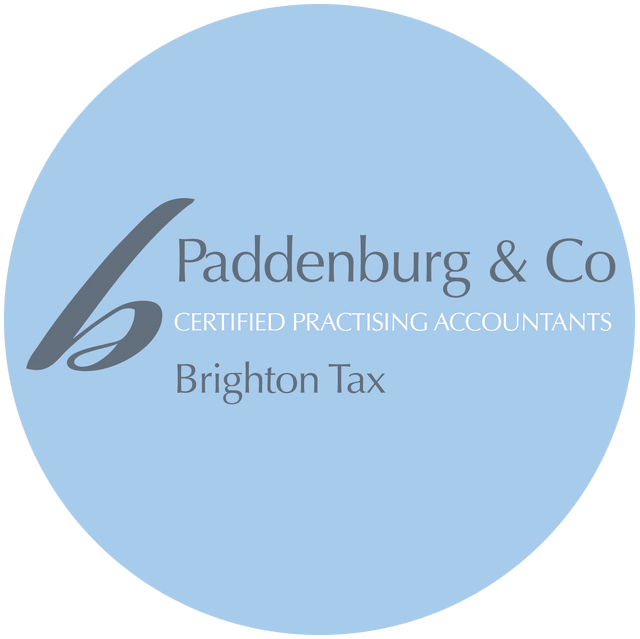MTD for accountants and bookkeepers
What does MTD mean for accountancy firms?
Under Making Tax Digital (MTD), businesses must maintain adequate digital records and use compatible software to submit tax returns to HMRC. For accountancy and bookkeeping firms, this means:
- Helping clients transition to digital recordkeeping.
- Adopting MTD-compliant accounting software.
- Ensuring digital tax return submissions.
While challenging, MTD can also be an opportunity to upgrade your service offerings to include digital solutions and become trusted advisors to your clients.

Free MTD Guide
Your guide to Making Tax Digital
Download the free guide to Making Tax Digital (MTD) for income tax. Ideal for accountants, bookkeepers, and businesses.

MTD for ITSA
When are the big MTD deadlines?
- April 2019 – MTD for VAT is introduced, affecting businesses with a taxable turnover of £85,000+
- April 2022 – MTD for VAT is extended to cover all VAT-registered businesses
- April 2026 – MTD for Income Tax Self Assessment (ITSA) launches, affecting self-employed people or landlords with an annual income over £50,000
- April 2027 – MTD for ITSA extends to cover sole traders earning £30,000+
- April 2028 – MTD for ITSA extends again to cover sole traders earning £20,000+
Thinking about MTD for ITSA? Get ahead by joining our MTD ITSA pilot today.

MTD for income tax
Ready for Making Tax Digital (MTD) for income tax?
With new deadlines from HMRC on the horizon, join IRIS – solutions partner to over 24,000 UK firms – and let’s get ready (and stay ready) for Making Tax Digital.
Let’s explore Making Tax Digital
Fill in the contact form and we’ll contact you to arrange a call.

“We recently set up to file via Making Tax Digital (MTD) for Income Tax and Self Assessment (ITSA) using the IRIS Accountancy Suite. This milestone marks a new era of digital tax filing, paving the way for a smarter, faster, and more efficient future for accountants and taxpayers alike.”
– Nick Paddenburg, Paddenburg & Co Limited
24,000 firms across the UK partner with IRIS and use our HMRC-recognised MTD software
Frequently asked questions
-
By introducing and enforcing the Making Tax Digital (MTD) legislation, HMRC aims to reduce errors caused by manual tax filing and improve the process for everyone, from taxpayers to accountants.
Part of MTD is about ensuring businesses and individuals keep digital records of their tax transactions. This makes it easier for accountants and bookkeepers to achieve greater accuracy, ensure compliance with UK tax law, and make tax submissions quicker and more transparent. -
MTD legislation doesn’t just affect businesses and individuals paying their taxes. Accountancy and bookkeeping firms have also begun taking action to support their clients by:
- Using HMRC-recognised MTD software for managing records and submitting returns.
- Providing guidance and resources on how to maintain digital records, like offering access to easy-to-use MTD bookkeeping software.
- Keeping up to date with upcoming legislative deadlines (like MTD for income tax) to ensure timely compliance.
- Advising on efficient processes to simplify tax administration under MTD regulations. -
In a way, yes – the MTD legislation that’s being rolled out in April 2026 is MTD for Income Tax Self Assessment (ITSA). This follows the rollout of MTD for VAT-registered businesses, which first launched in April 2019.
This delay is intended to give businesses and individuals – and the accountancy and bookkeeping professionals who support them – more time to prepare. -
MTD for income tax, or MTD for Income Tax Self Assessment (ITSA), is a piece of HMRC-mandated legislation that affects self-employed individuals and landlords with a certain yearly income.
Rolling out in April 2026, MTD for ITSA requires the use of MTD-compatible accountancy or bookkeeping software to:
- Carry out adequate digital recordkeeping.
- Send quarterly income tax updates to HMRC.
- Submit yearly tax returns.
MTD for income tax doesn’t just affect sole traders; accountants and bookkeepers whose clients are affected by MTD for ITSA also need to take action to ensure their clients comply with HMRC legislation. -
The MTD for Income Tax Self Assessment (ITSA) legislation, which comes into effect from April 2026, will initially apply to individuals who are:
- Not VAT-registered (e.g. sole traders, landlords etc).
- Earning more than £50,000 from self-employment or property over the tax year.
From April 2027, the MTD for income tax threshold will drop to include sole traders, landlords, or self-employed individuals earning £30,000 or more. And from April 2028, the threshold will drop further to include those earning £20,000 or more. -
As part of Making Tax Digital (MTD), businesses must keep the following financial records stored digitally:
- Sales and purchase records, including the date and value of supplies.
- Adjustments and corrections made to tax returns.
- VAT accounting records (if applicable).
These records should be stored using MTD compatible software or digital spreadsheets linked to HMRC’s system.







